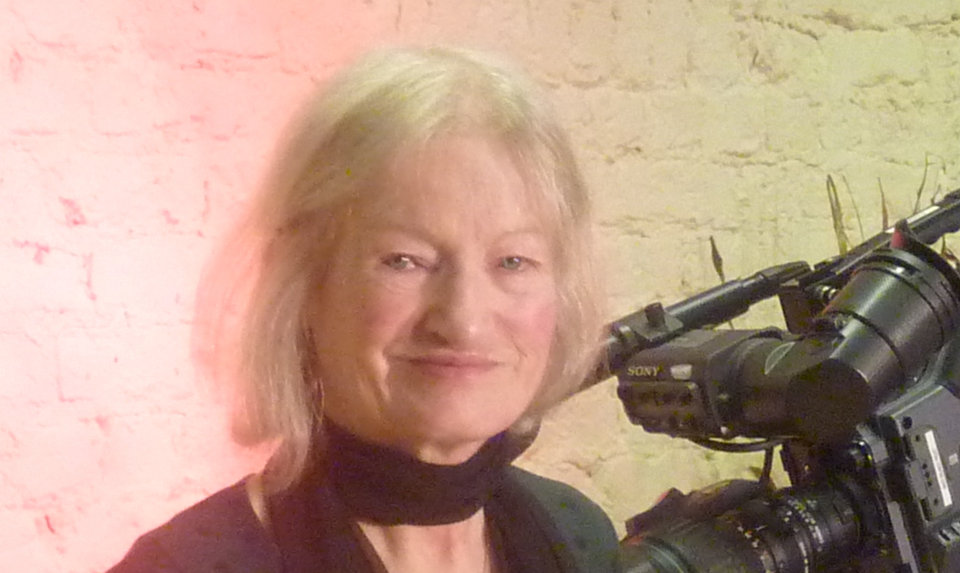Belfast has seen a remarkable expansion in community arts activity over the last forty years, since the 1970s, putting it at the forefront of the movement within the UK and Ireland to change the way art is seen. It has been a tide of activity that has lifted many boats and led to an awareness and interest in every art form.
Advocating pluralism, participation and equality in cultural life and cultural policy is so much the norm in today’s Belfast that we could forget what a very recent phenomenon it is.
High art versus low art, process versus product and the meaning of excellence characterised the early debates about community arts as community artists and community arts organisations struggled for recognition with those who controlled the material resources and intellectual infrastructure on what constituted ‘art’.
‘The upsurge of community arts in Belfast didn’t happen as it did in England, because like every other sphere of life we were hindered by the Troubles. Whole range of things like women’s rights, the place of women in society, equal pay, whole areas of social legislation, happened here later, because we were concerned with staying alive’. Martin Lynch
‘It was very divided, every area had their own niche’. Nisha Tandon
‘It was just so removed, art was irrelevant to the lives of most people in disadvantaged marginalised societies’. Sean McKernan
One exception was The People’s Theatre, organised by Father Des Wilson who was working on Ballymurphy in the west of the city. The People’s Theatre produced plays dealing with the concerns of the people in the local community.
Martin Lynch put on his first play We Want Work, We Want Bread in Turf Lodge, a housing estate on the outskirts of the city. From the very first night they had an audience. People became engaged with the issues that dealt with housing, unemployment and soldiers on the streets.
‘There were a lot of these marginalised communities that really had no means of communicating beyond their own community or even within their own community, what the culture of that community is what the big contentions where or what the issues they would like to communicate’. Conor Shields
‘Art includes creative ways of picturing who we are and where we want to go and who we want to be, which is what I think we needed at the time’. David Boyd
The Troubles, the intensity of the times in which people lived, created a determination in people to express themselves culturally and creatively. Groups were emerging from across Belfast with strong desires to express themselves and connect with each other. In west Belfast, the Irish speaking community began to experiment with video and even television and Féile an Phobail was fast becoming a successful annual festival.
‘It was packed with people from the area, again taking ownership of their culture and applauding the fact that they had a festival in their community’. Kate Ingram
When a Labour Government came to power in 1997, significant funding was allocated to Belfast working class areas and community arts blossomed. One particular project that was to prove successful was ‘The Wedding Community Play’.
‘The Wedding Community Play was the first time groups from working class areas and catholic working class areas worked together in a very direct way’. Gerri Moriarty
‘We didn’t really know what we were doing, but what we did know was that in the past people had been asked to come together in cross community projects and ‘love’ each other and everything would be forgotten and they were going to have this deep respect for each other and we didn’t ask anybody to do that, what we said was ‘we just want you to work together’ Jo Egan
Despite, at times, fierce opposition from the arts establishment, there was nothing that could stem the tide of community arts in the city. Over the course of one generation, this nascent movement has created all kinds of new and vital relationships as it makes art in communities, schools, hospitals, prisons, on the streets, in radio and television, with the unemployed, women, the homeless, people with disabilities or different ethnic origin, old and young, across barricades and borders and in so doing, has utilised every art form.
‘I think the prevailing ideology of the arts has been challenged in that arts is no longer a hand me down, it isn’t always about product, it’s about processes and it’s about the democratization of the arts and communities throughout the UK and in Ireland realize that they should be able to engage in the arts in their community and they should be able to express themselves and their children should have opportunity not just for the few’. David Hyndman




